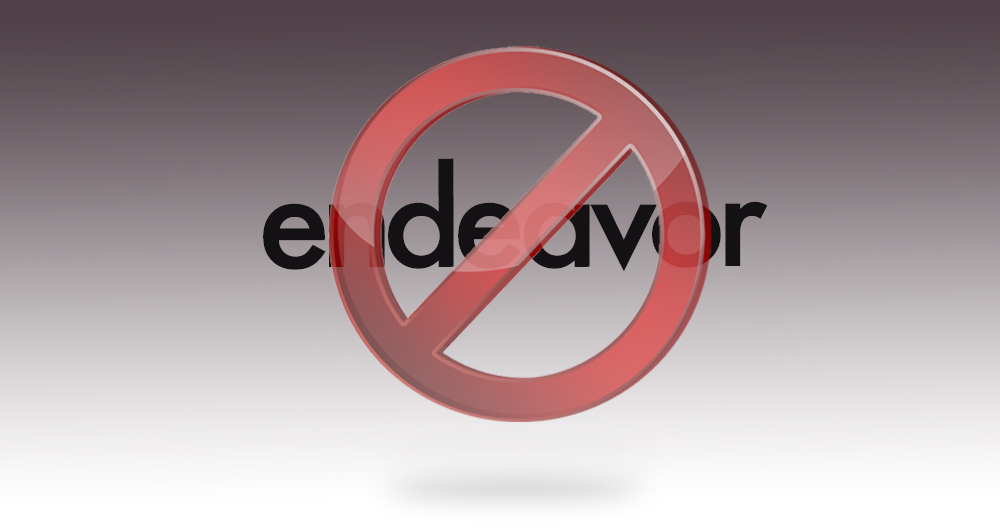Does the operating principle concerning certificates of insurance contradict the duty of an insurer to stand by the commitments made by its authorized agents? A Washington Supreme Court case may answer that question.
Certificates of uncertainty
Continuing controversy plagues attempts at common understandings of coverage
By Joseph S. Harrington, CPCU
For the better part of the past two decades, insurers and regulators have promoted the principle that certificates of insurance are merely informational. As insurers and regulators would have it, nothing entered on a certificate could change the coverage provided under the referenced policies, and certificates could not create any rights for the persons holding them.
To that end, more than half the states have enacted statutes, implemented regulations, or issued bulletins formalizing the information-only status of insurance certificates, typically adding that anyone knowingly entering false or misleading information on a certificate may be subject to disciplinary action.
For its part, the insurance industry, acting through ACORD and the Insurance Services Office, revised widely used standard certificate forms in the late 2000s. Among other things, the revised forms stated that designation of an additional insured required an amendment to the applicable policy; a certificate entry alone would not suffice for that purpose.
Also, to avoid any appearance of creating a right for the certificate holder, the revisions removed previous language to the effect that an insurer would “endeavor” to notify a certificate holder of a change in or termination of coverage. Any requirements for notification to interested parties would be established under the applicable policy.
Principled contradiction
Then, in November 2018, the Washington Supreme Court was asked by a U.S district court to consider whether the operating principle concerning certificates contradicts another principle of insurance: the duty of an insurer to stand by the commitments made by its authorized agents.[i]
Although it is technically a question of Washington law—and the Washington Supreme Court doesn’t even have to act on the request—two essential elements are in place in this case to make the matter one of precedential importance in all U.S jurisdictions. Those elements are:
- An insurance regulation stating that “a certificate of insurance does not confer new or additional rights beyond what the referenced policy of insurance provides.” and
- Case law establishing that “an insurance company is bound by all acts, contracts, or representations of its agent, whether general or special, which are within the scope of [the agent’s] real or <I>apparent <I>authority.” (Emphasis added.)
The case involves the cellular telephone provider T-Mobile USA and alleged property damage in New York City. (The suit was filed with a U.S. district court in Washington, where T-Mobile is headquartered.)
In its suit, T-Mobile notes that it is designated as an additional insured on a certificate of insurance provided by the contractor T-Mobile used for work in New York. The insurer, Selective, responds that it never issued an additional insured endorsement covering T-Mobile and that the certificate’s indication to that effect has no effect.
Not-so-apparent authority
A striking aspect of the case is Selective’s acknowledgement that the producer had authority to issue certificates on its behalf, but only to the extent that the certificate entries were consistent with the referenced policy.
In a footnote to its order (the request), the U.S. district court states that “Washington law is clear that ‘where an agent acts within its authority, the principal cannot excuse itself from vicarious liability through an undisclosed private arrangement that purports to restrict that authority.’”
Thus, in legalese, is the heart of the matter: What is a certificate holder to do if it can’t fully rely on a certificate issued by someone who is authorized to issue certificates? Whether or not the Washington Supreme Court acts on the immediate question, that question is not going to go away.
Because the principles in conflict arise from insurance operations—the use of agents and brokers to sell coverage, and the use of certificates to indicate that coverage is in place—perhaps the long-term solution to certificates issues needs to come from insurance operations rather than from regulators, legislatures, or the courts.
For decades, certificates have been provided by producers on behalf of their clients, typically at no extra charge. What if carriers bore the cost of producing timely and accurate certificates, and accepted the coverage implications of any errors? What if producers were more generously compensated for developing certificates, with corresponding liability for errors and omissions?
As it is, complications arising from certificates of insurance are effectively accepted as a cost of doing business. That cost could become substantially greater, depending on how a court resolves the industry’s own contradiction.
[i] T-Mobile USA Inc. v. Selective Insurance Company of America, No. 17-35932 (9th Cir. 2018), accessed at https://law.justia.com/cases/federal/appellate-courts/ca9/17-35932/17-35932-2018-11-09.html





